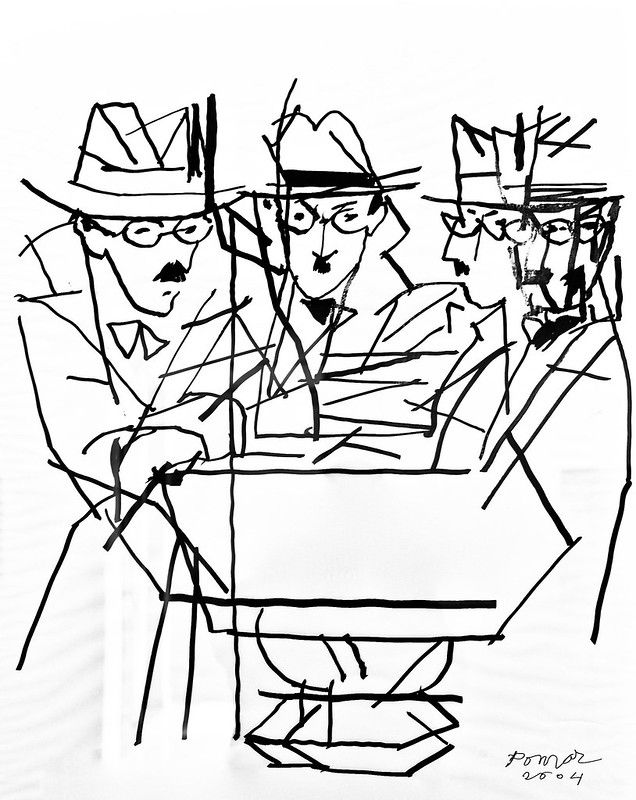Implicit vs explicit meetings
“This meeting could have been an email”

Qualitative communicative processes are of even greater importance within remote based companies than they are in on-premise ones. As for meetings, a general indication about the quality of those might be the notion about whether the meeting could have an email instead. Over time most recurring meetings tend to grow into a chore, a predictive set of actions executed by people, hoping to get the same results previously achieved. Participation in those grows into a behavioural response, rather than a conscious attendance. The effectiveness of meetings fueled by behavioural mechanics is up debate.
Following this line of thought I would conclude that, in order to keep meetings engaging, behavioural participation should need to be prevented.
A general categorization of meeting types may be made between scripted ones (explicit), and unscripted once (implicit). Though the generally accepted best practice for in-person meetings is to have an agenda dictating the contents of the meeting, this paradigm might need to be switched around within a remote based company. Most explicit forms of communication which can easily be dealt with asynchronously, while this is much harder to facilitate for implicit communication flows. It would require a synchronous conversation, with conscious participation by all those involved.
I strongly believe the downsides of lacking unscripted communication channels are more important to focus on than the potential benefits of those. I fear that without those a company slowly but surely grows into a flock of people showing a facade of scripted, predictable and behavioural interaction, thus killing its vitality, creativity and sociability.